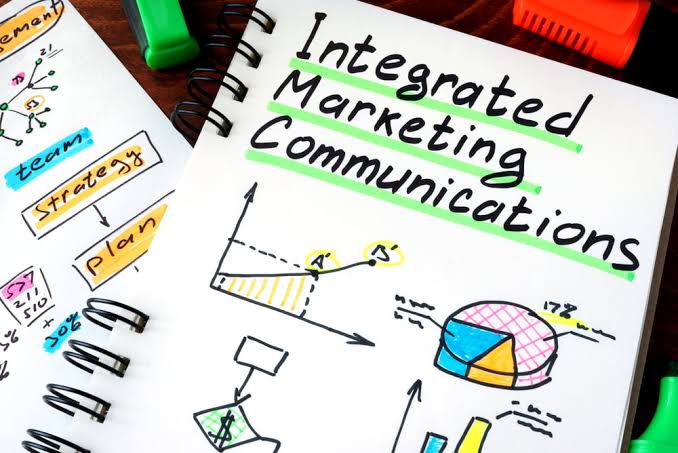By Felicia Nwosu
United Nations Educational, Scientific and Cultural Organization, UNESCO has emphasised the need for global framework for ethical use of artificial intelligence. The global body called on countries to fully implement its Recommendation on the Ethics of Artificial Intelligence with immediate effect. The move came following calls by over 1000 tech workers who recently paused in the training of the most powerful AI systems, including Chat GPT.
The global normative framework, adopted unanimously by the 193 Member States of the Organization, provides all the necessary safeguards.
UNESCO said it is concerned by many of the ethical issues raised by these innovations, in particular discrimination and stereotyping, including the issue of gender inequality, but also the fight against disinformation, the right to privacy, the protection of personal data, and human and environmental rights.
“The world needs stronger ethical rules for artificial intelligence: this is the challenge of our time. UNESCO’s Recommendation on the Ethics of AI sets the appropriate normative framework. Our Member States all endorsed this Recommendation in November 2021. It is high time to implement the strategies and regulations at national level. We have to walk the talk and ensure we deliver on the Recommendation’s objectives.
Audrey Azoulay, UNESCO’s Director-General said UNESCO’s Recommendation on the Ethics of Artificial Intelligence is the first global framework for the ethical use of artificial intelligence. It guides countries on how to maximize the benefits of AI and reduce the risks it entails. To this end, it contains values and principles, but also detailed policy recommendations in all relevant areas.
Industry self-regulation is clearly not sufficient to avoid these ethical harms, which is why the Recommendation provides the tools to ensure that AI developments abide by the rule of law, avoiding harm, and ensuring that when harm is done, accountability and redressal mechanisms are at hand for those affected.
“UNESCO’s Recommendation places a Readiness Assessment tool at the core of its guidance to Member States. This tool enables countries to ascertain the competencies and skills required in the workforce to ensure robust regulation of the artificial intelligence sector. It also provides that the States report regularly on their progress and their practices in the field of artificial intelligence, in particular by submitting a periodic report every four years.”
More than 40 countries in all regions of the world are already working with UNESCO to develop AI checks and balances at the national level, building on the Recommendation. UNESCO calls on all countries to join the movement it is leading to build an ethical AI. A progress report will be presented at the UNESCO Global Forum on the Ethics of Artificial Intelligence in Slovenia in December 2023.






Comment
No comments found.